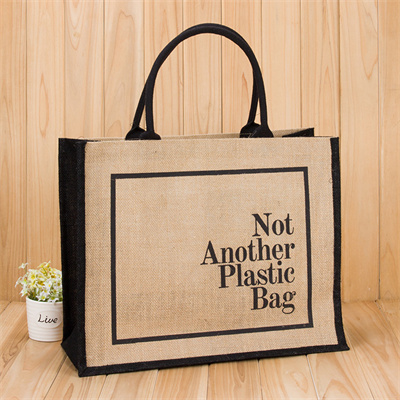Filter bags play a crucial role in food and beverage processing by ensuring the quality, safety, and compliance of the final products. They are used for various purposes in this industry, primarily to remove impurities, particles, and contaminants from liquids such as water, juices, oils, and other ingredients. Here are some key applications and considerations for filter bags in food and beverage processing:
- Clarification of Beverages: Filter bags are commonly used to clarify beverages such as fruit juices, wine, beer, and spirits. They help remove suspended solids, yeast, and other particles that can affect the appearance, flavor, and stability of the products.
- Filtration of Edible Oils: Edible oil processing involves the removal of impurities and particles from oils like olive oil, vegetable oil, and palm oil. Filter bags with the appropriate micron ratings are used to achieve the desired level of purity.
- Dairy Processing: In the dairy industry, filter bags are employed to remove solids and bacteria from milk, cream, and whey. This is essential for producing products like cheese, yogurt, and butter.
-

 Chocolate and Cocoa Filtration: During chocolate and cocoa production, filter bags are used to clarify cocoa liquor and remove cocoa butter impurities, ensuring the quality of the final chocolate products.
Chocolate and Cocoa Filtration: During chocolate and cocoa production, filter bags are used to clarify cocoa liquor and remove cocoa butter impurities, ensuring the quality of the final chocolate products. - Filtration of Syrups and Sweeteners: Filter bags are used in the filtration of syrups, sweeteners, and sugar solutions to remove fine particles and color bodies, resulting in clear and consistent products.
- Bottled Water Filtration: Filter bags are employed in bottled water production to remove particulates, microorganisms, and unwanted flavors or odors, ensuring the purity of the final product.
- Wastewater Treatment: Filter bags are used in wastewater treatment processes to remove contaminants and solids from wastewater generated during food and beverage processing, reducing environmental impact.
- Brewing and Distillation: In brewing and distillation processes, filter bags are used to remove yeast, sediment, and other unwanted particles from beer, spirits, and other alcoholic beverages.
- Hygienic Design: Filter bags for food and beverage applications are typically designed with food-grade materials that meet regulatory requirements for contact with food. They must also be easy to clean and sanitize to maintain hygienic conditions.
- Micron Ratings: The choice of filter bag micron rating is crucial and depends on the specific application. Finer micron ratings are used for applications where very small particles need to be removed, while coarser ratings may be suitable for rough filtration.
- Compliance with Food Safety Regulations: Food and beverage processing must adhere to strict food safety regulations. Filter bags used in this industry must meet regulatory standards and be certified as food-grade materials.
- Sanitization and Cleanability: Filter bags need to be designed for easy cleaning and sterilization to prevent the growth of bacteria or contamination that could affect product quality.
Proper selection, installation, and maintenance of filter bags are essential in food and beverage processing to ensure product quality, meet regulatory requirements, and prevent contamination. It’s essential to work with filter bag suppliers who specialize in food-grade filtration solutions and understand the unique needs of the industry.



















